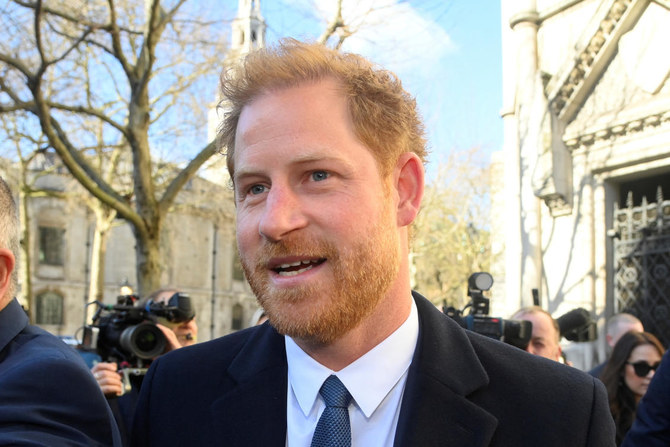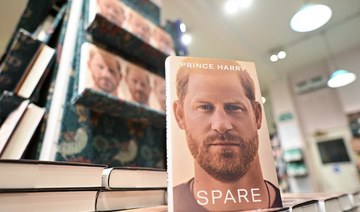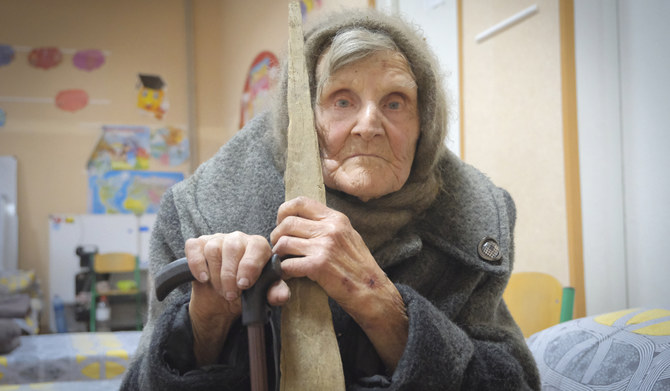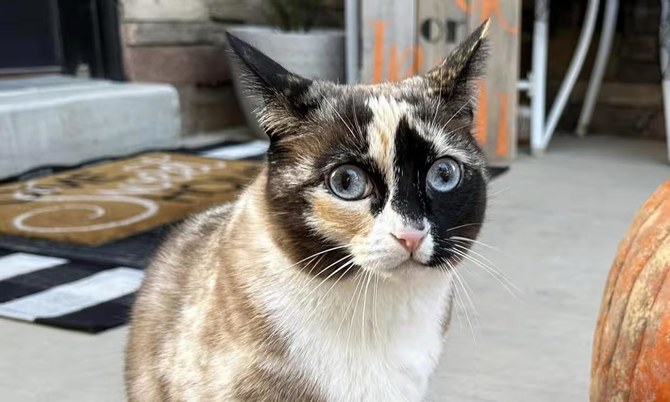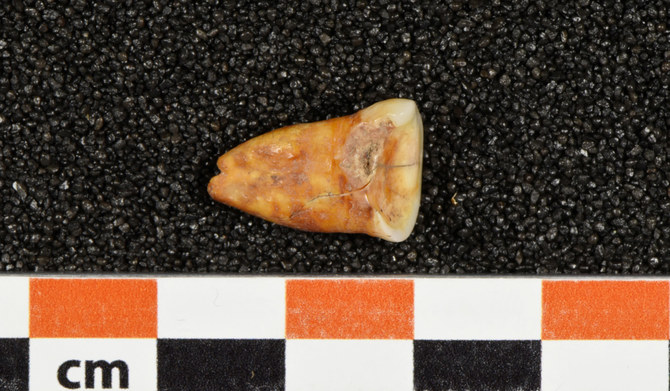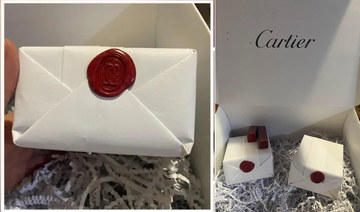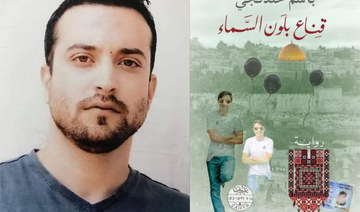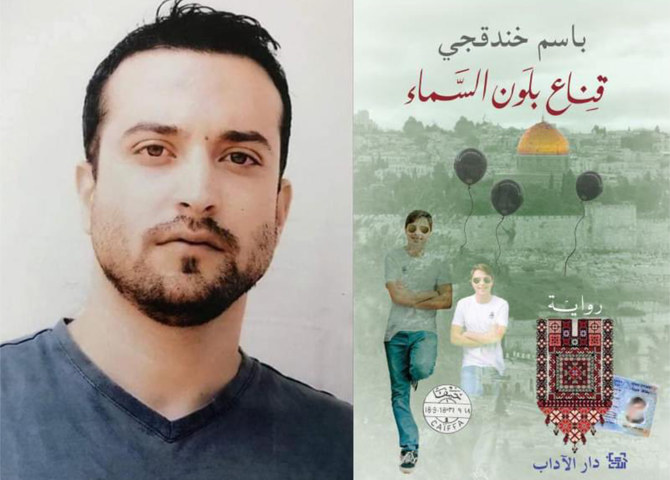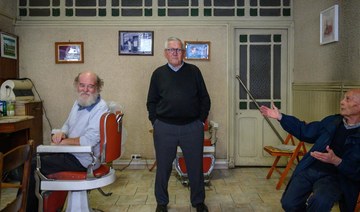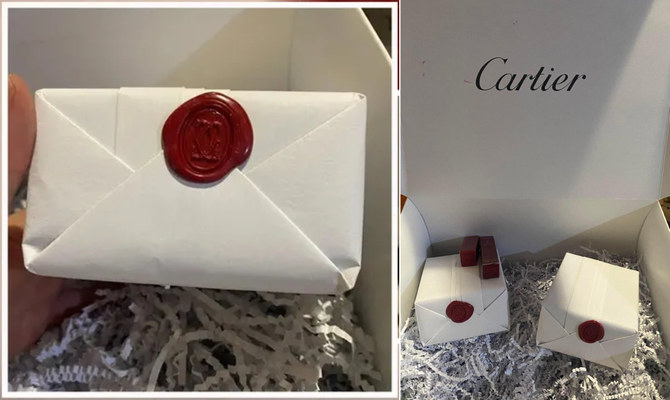LONDON: Britain’s Prince Harry on Monday made an unexpected appearance at London’s high court for a hearing in a privacy claim launched by celebrities and other figures against a newspaper publisher.
The publisher of the Daily Mail, Associated Newspapers (ANL), is trying to end the high court claims brought by high-profile figures including Harry and singer Elton John over alleged unlawful activity at its titles.
Harry, who now lives in California after quitting royal duties in 2019 and launching a barrage of criticism of the British royal family, was pictured arriving at the court in central London.
Others taking part in the legal action include actresses Liz Hurley and Sadie Frost as well as John’s husband David Furnish, Doreen Lawrence — the mother of murder victim Stephen Lawrence — and former Liberal Democrat deputy leader Simon Hughes.
Lawyers for the group told the court the publisher of the Daily Mail commissioned the breaking and entry into private property, illegally intercepted voicemail messages and obtained medical records.
“The claimants each claim that in different ways they were the victim of numerous unlawful acts carried out by the defendant, or by those acting on the instructions of its newspapers, The Daily Mail and The Mail On Sunday,” lawyer David Sherborne said in written submissions to the court.
The alleged unlawful included “illegally intercepting voicemail messages, listening into live landline calls, obtaining private information, such as itemised phone bills or medical records, by deception..., using private investigators to commit these unlawful information gathering acts on their behalf and even commissioning the breaking and entry into private property,” Sherborne said.
The alleged wrongdoing dates from 1993-2011, but some went on as late as 2018, he added.
Harry, also known as the Duke of Sussex, sat near the back of the court, two seats away from fellow complainant Frost.
ANL has described the allegations as “preposterous smears” and a “pre-planned and orchestrated attempt to drag the Mail titles into the phone-hacking scandal.”
Britain’s phone hacking scandal, which first blew up in 2006, saw journalists at the Rupert Murdoch-owned News of the World hack into the voicemails of royals, celebrities and murder victims.
It triggered the closure of the mass-selling Sunday tabloid, a mammoth police investigation, a judge-led inquiry and criminal charges that gripped Britain for years.
A spokesperson for ANL also said the allegations were “unsubstantiated and highly defamatory claims, based on no credible evidence.”
A four four-day preliminary hearing is being held at the high court with ANL arguing that the allegations are “stale” and should be dismissed without a trial.
Harry, the younger son of Britain’s King Charles III, has long had a difficult relationship with the media.
His mother Princess Diana died in a car crash in Paris in 1997 after she and her companion, Dodi Fayed, left the Ritz Hotel pursued by paparazzi photographers.
In 2019 while on a tour of South Africa with his wife Meghan, Harry linked media intrusion to Diana’s death and spoke of his fears of history repeating itself.
“I will not be bullied into playing a game that killed my mum,” he told television journalist Tom Bradby, accusing sections of the media of waging a “ruthless campaign” against Meghan.
“Everything that she (Diana) went through, and what happened to her, is incredibly important every single day, and that is not me being paranoid, that is just me not wanting a repeat of the past,” he said.
Both Harry and Meghan have been involved in other recent legal action targeting British newspapers.
The couple, whose popularity ratings have plummeted, have dominated headlines in the past few years due to a string of interviews, a Netflix series and Harry’s autobiography “Spare” in which they complained bitterly about their treatment as working members of the royal family.
Buckingham Palace has not responded to the claims, while the late Queen Elizabeth II famously commented that “recollections may vary.”



